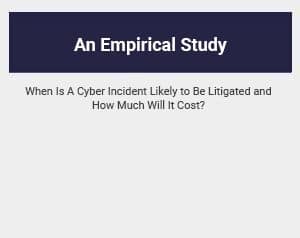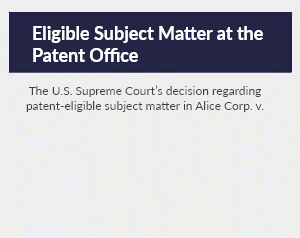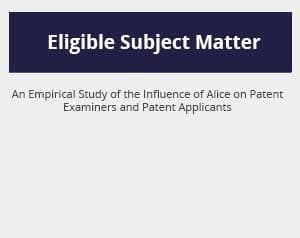Jan-20-2015
Snapchat, a popular photo messaging app that has previously claimed that photos sent through their app are only stored temporarily, has run into some legal trouble. Snapchat has reached a settlement with the FTC over allegations that messages sent over their app are not actually temporary. The FTC noted a user’s ability to take a screenshot of the message for permanent storage, and also pointed to a number of other apps that allow a user to save photos and messages that he or she receives via Snapchat. The FTC also complained that the app accessed users’ address books without alerting the user, a feature that allowed users to easily select their friends when sending a message.
Snapchat came under fire last year when thousands of nude photos sent via the service appeared on the Internet. Because many of the users are teenagers, there is speculation that some of these photos amounted to child pornography. While there has been no formal investigation into whether any of the photos were of minors, the FTC decided to look into Snapchat’s claims that content sent over its app could not be saved.
Rather than face a lengthy court battle, the company decided to accept the terms of an order from the FTC. A preliminary version of this order was released back in May 2014, and the final approved order was announced on Christmas Eve. According to the order, Snapchat must not to misrepresent how it maintains the privacy, security, and confidentiality of messages sent over its service. Since the FTC found that messages can be saved, Snapchat can no longer pitch their main selling point – that no message is ever saved. The company was already in compliance before the final order came out. It wrote in its blog that it was committed to changing its privacy policy so that users would not be misled into believing that messages could not be stored.
The FTC also ordered Snapchat to create a privacy program that will be monitored by an independent privacy professional. The program has to address privacy risks associated with the app and any other apps that the company might create, as well as outline a way to protect user privacy when they use the app to send messages. Snapchat is supposed to create a team specifically to design and implement the program, and has to submit its methods to a privacy professional for evaluation. That person or company will then decide if the program meets accepted privacy standards. The FTC has ordered Snapchat to be monitored in this way for the next 20 years. Additionally, Snapchat has to maintain records of its privacy efforts and customer complaints to give them to the FTC for review.
As part of the settlement, the order imposes no monetary fines, which may have been particularly devastating to the company’s future. Though it is reportedly worth $10 Billion, fines levied against Snapchat could have been substantial, particularly if there was enough proof that some of the photos that were leaked last year were of minors.
Ultimately, the order addresses key concerns about how Snapchat presents itself to consumers. With the order in place, it will be virtually impossible for the company to lure users into a false sense of security that their messages will not fall into the wrong hands. It remains to be seen how the messaging app will fare now that it cannot guarantee the messages will be deleted forever. The company is expected to shore up its existing features and introduce new ones this year.






